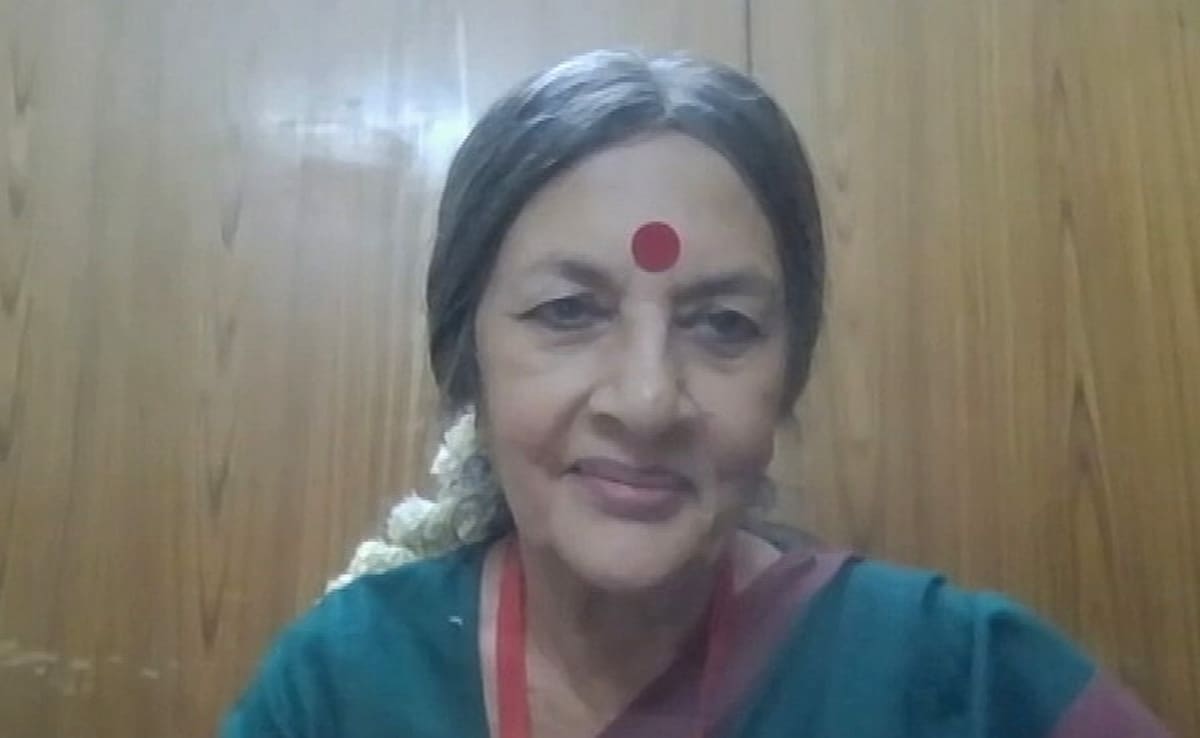
Brinda Karat asked what is stopping political parties from fielding women in the upcoming polls.
New Delhi:
Rajya Sabha to Lok Sabha was just a five-minute walk in the old parliament building, and now, instead of a five-minute walk, the (women’s reservation) bill has taken 13 years to reach the Lok Sabha, Brinda Karat, former member of the Rajya Sabha and CPI(M) Politburo member, said today, recalling memories from 2010 when the historic women’s reservation bill passed the upper house.
“Even after having reached the Lok Sabha, it’s not going to benefit women right now. They’ll have to wait another eight years, at least, to get the benefit; and for democracy to get the benefits of this bill. I think that’s unfortunate that we put it through that,” she told NDTV.
“Forces” in several political parties opposed the bill in 2010 and tried to sabotage it even it was introduced in the parliament, Ms Karat said.
It’s going to be a long wait for women because of the caveat of delimitation, or redrawing constituencies, and the next census, she pointed out.
Ms Karat asked what is stopping political parties from fielding women in the upcoming polls — the assembly elections in Madhya Pradesh, Rajasthan, Chhattisgarh, and Telangana, and also in the 2024 Lok Sabha polls.
“This is a question which has been raised time and time again. And it is extremely clear that even by giving women seats, it does not mean necessarily that the number of women in the Lok Sabha will increase, there’s no guarantee, there’s no one to one, that you give a woman a seat, and you’re bound to be there in the Lok Sabha, that’s not happening. You can give women good seats, you can give them bad seats,” she said, batting for a ‘legal requirement’, like proportional representation, that many countries have.
A debate (on the bill) has been going on since 1988, when the national perspective plan was put forward, Ms Karat said, and questioned why was the bill delayed when all the questions about the bill have already been answered.
“When the BJP gave an assurance before the 2014 elections that vote for BJP, and we will get the women’s bill? Why was it not brought in 2014? If it had been brought, the 17th Lok Sabha would not have had 14% woman it would have had 33%,” she said, adding that telling women to wait for another eight years (for the bill to be enforced) is “unfair”.




